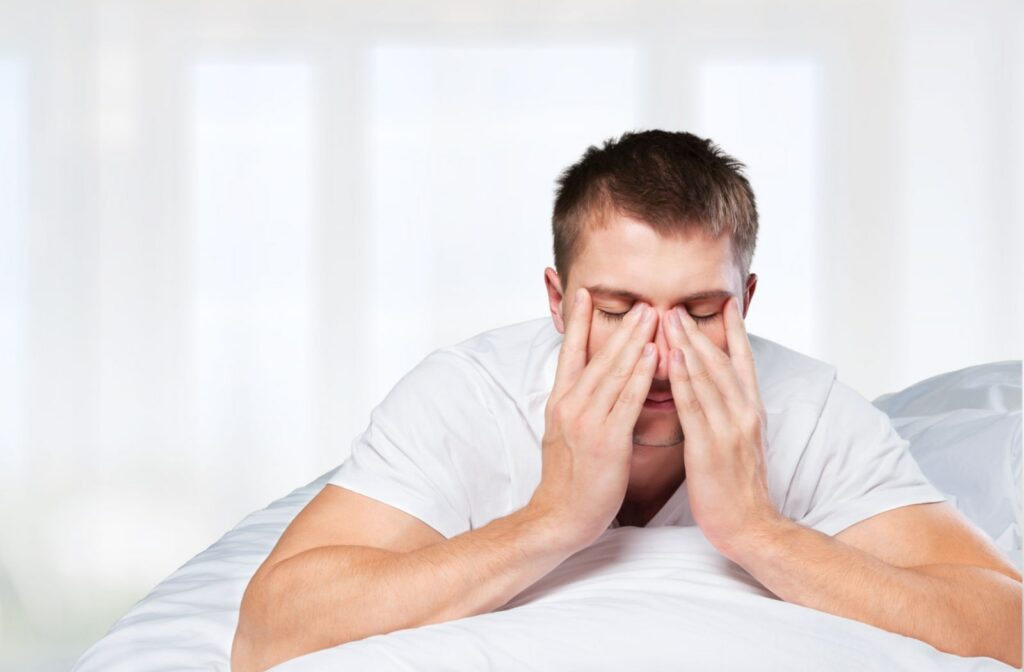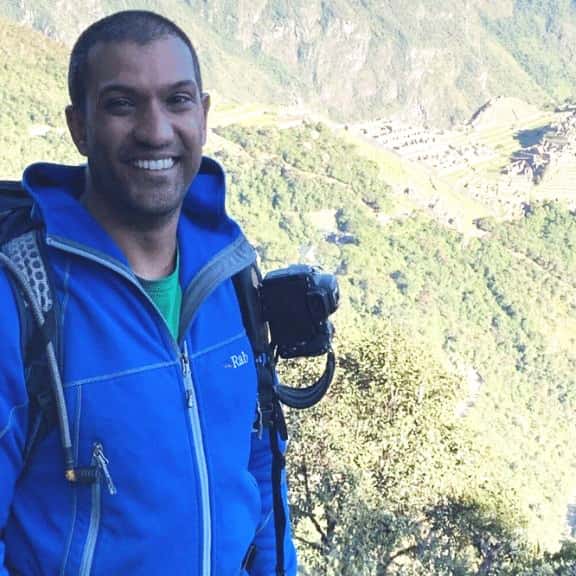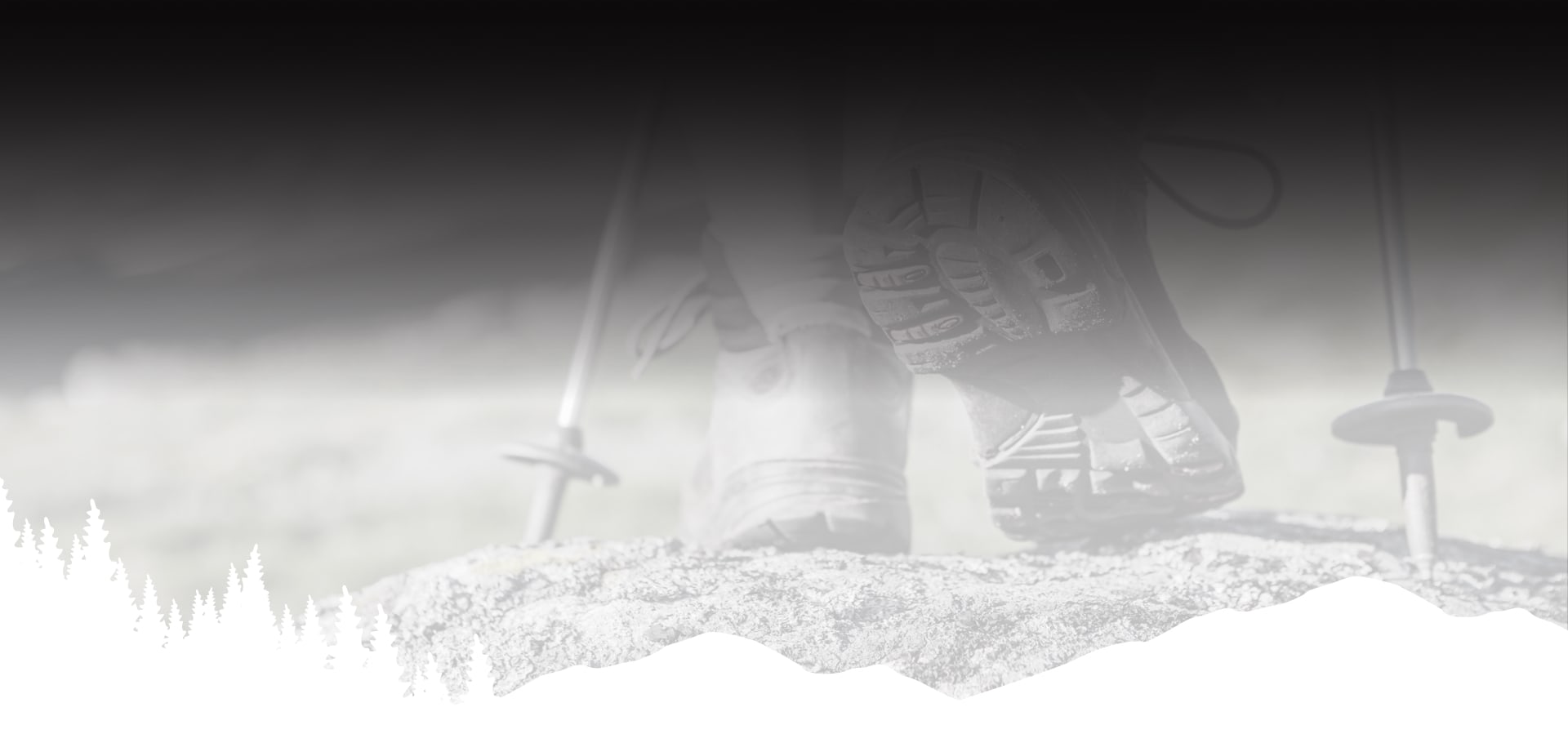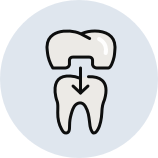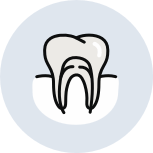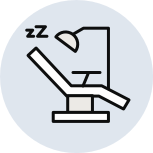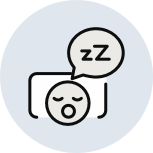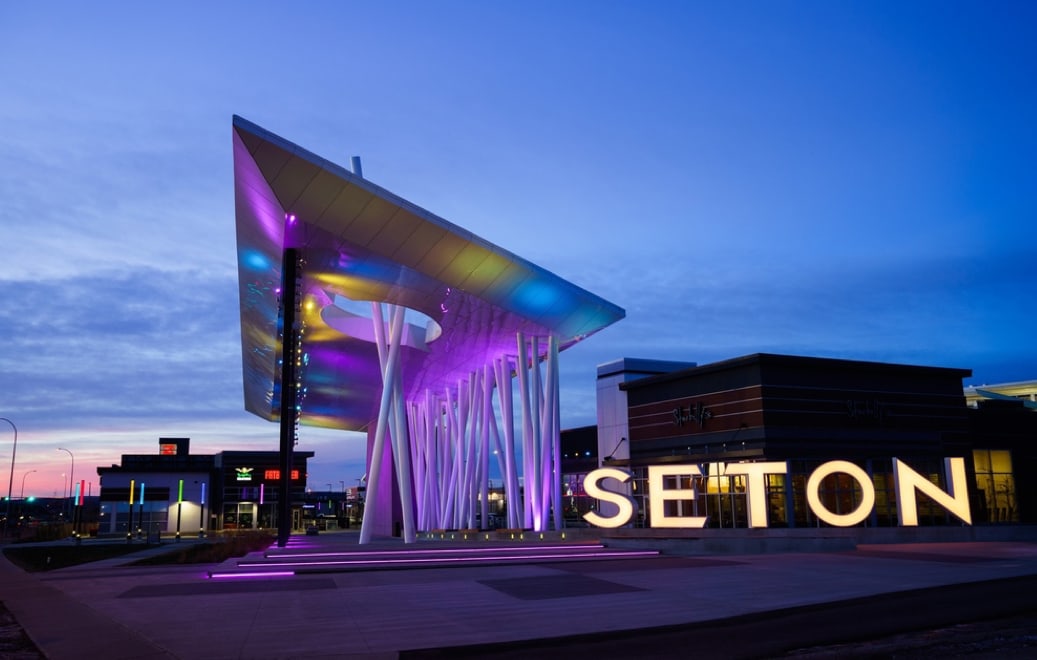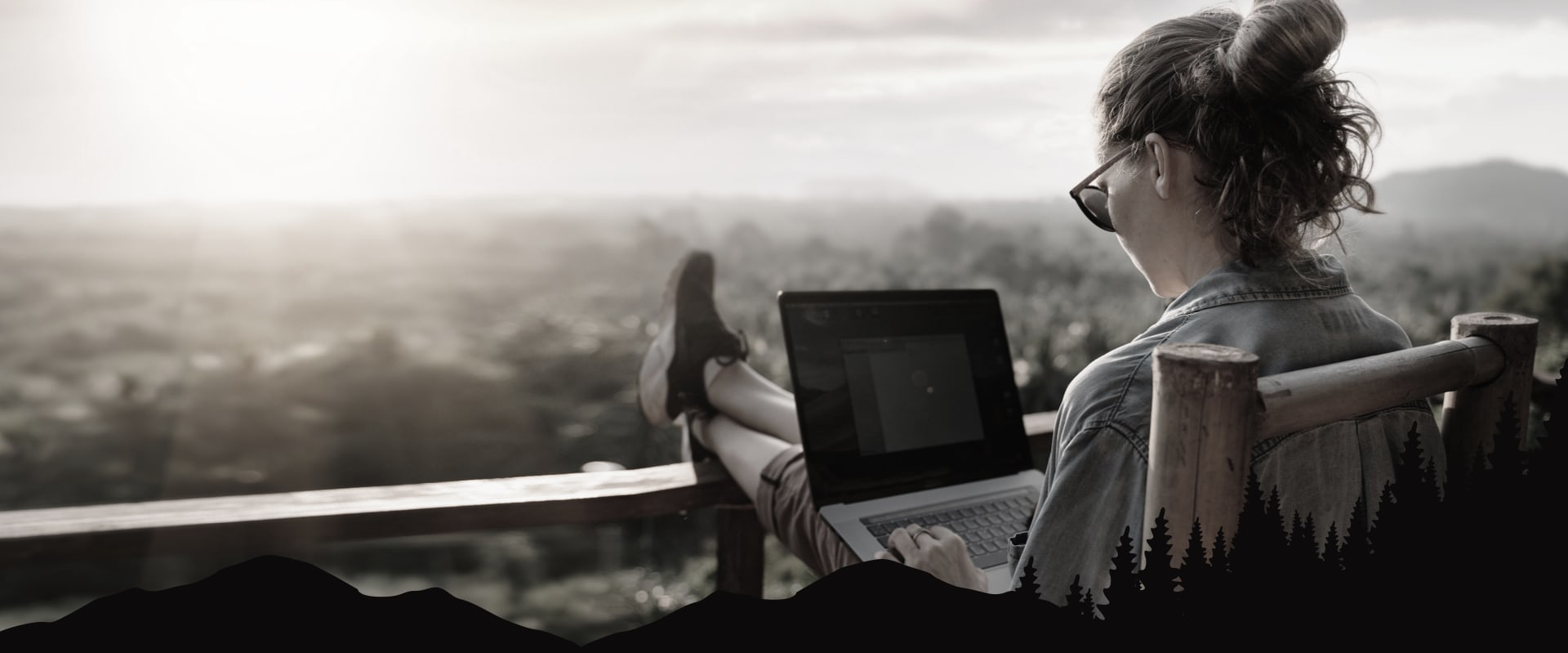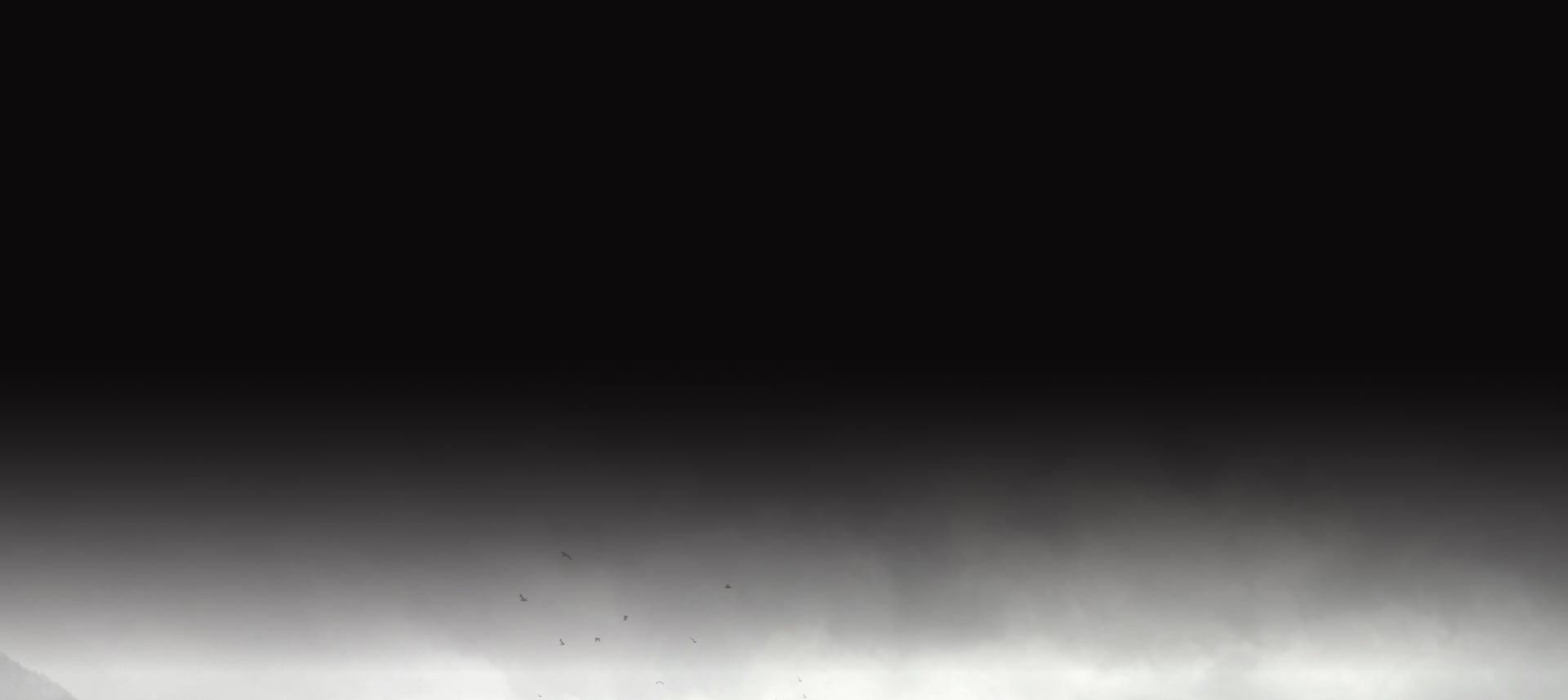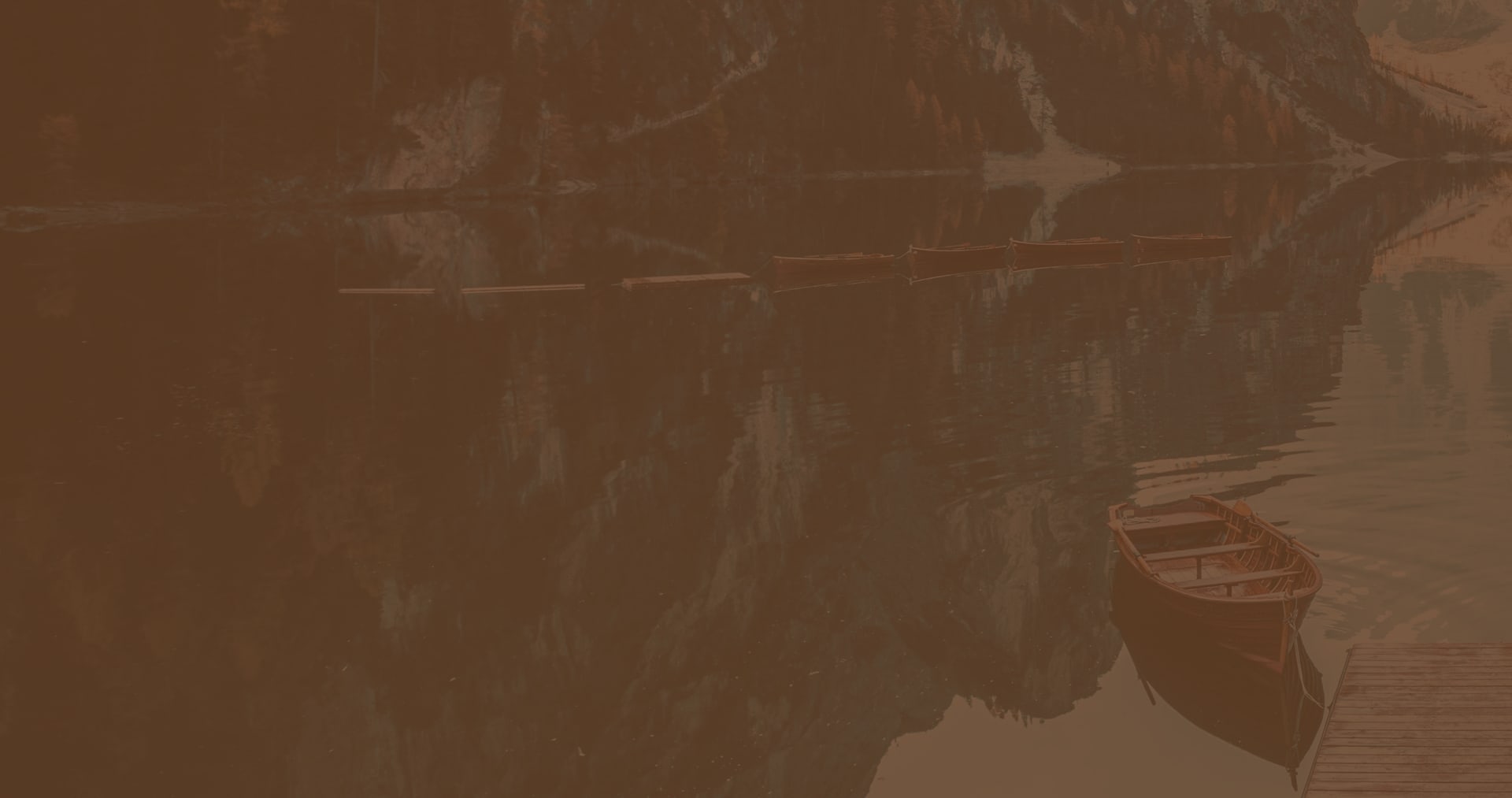When we think of sleep apnea, most of us imagine a person who snores loudly and frequently wakes up gasping for air. However, some people with sleep apnea experience little to no snoring at all. So, while snoring is a common symptom of sleep apnea, it isn’t always the most obvious sign.
You shouldn’t assume you don’t have sleep apnea just because you don’t snore. You may have to look for other signs, such as daytime fatigue or morning headaches. Snoring or not, we have treatment technology to help you rest better.
Symptoms of Sleep Apnea
Sleep apnea symptoms can sometimes go unnoticed, but recognizing and addressing them can lead to a brighter, more energized life. Your sleep partner may be the first to let you know you may have sleep apnea, especially if your snoring keeps them up. But if you can have sleep apnea without snoring, how can you tell?
You’ll have to watch for other symptoms during the day that may indicate you’re dealing with sleep apnea:
- Morning headaches
- Repeatedly waking up at night
- Difficulty focusing
- Tiredness or fatigue
- Morning dry mouth
- Frustration or irritability
- Lowered sex drive
- Trouble with memory
Sleep Apnea Health Risks
A good night’s sleep can make your days less frustrating, but sleep apnea can affect more than just your sleep. Proper sleep apnea treatment can help you reduce your risk of serious health problems, such as:
- High blood pressure
- Heart attacks
- Stroke
- Depression
- Accidents caused by sleepiness, such as vehicle collisions or work injuries
Symptoms can vary, so a healthcare professional can offer a proper diagnosis if you suspect that you or a loved one may have sleep apnea.
The Different Types of Sleep Apnea
Sleep apnea is a complex sleep disorder with various manifestations. It’s generally characterized by moments at night when your breathing stops. These moments are called apneas, and there are 3 main types.
Obstructive Sleep Apnea
Obstructive sleep apnea (OSA) is most common, impacting millions of Canadians. It occurs when the muscles in the throat relax excessively during sleep, leading to a partial or complete airway blockage. This can result in short pauses in breathing, lasting anywhere from 10 to 30 seconds.
While OSA is often associated with loud snoring, gasping, or choking sounds as the individual struggles to breathe, these symptoms aren’t always present.
Several factors can increase the risk of OSA, including:
- Obesity
- Sex (men are more susceptible)
- Age
- Genetics
- Anatomical characteristics like a thick neck or narrow airway
- Smoking
- Medical conditions like type 2 diabetes, high blood pressure, or congestive heart failure
Central Sleep Apnea
Central sleep apnea (CSA) is less common and occurs when the brain doesn’t send proper signals to the muscles responsible for breathing. CSA doesn’t typically involve snoring since you’re not trying to breathe, unlike OSA, making it harder to identify without a medical evaluation.
Risk factors for CSA include:
- Age
- Sex (men are more affected)
- Congestive heart failure
- Kidney failure
- Certain medications like methadone
- History of strokes
- Brain infection or tumour
- Congenital disabilities
Complex Sleep Apnea
Complex sleep apnea combines features of both OSA and CSA. It may initially present as OSA but be revealed as CSA after treatment.
The exact causes of complex sleep apnea are still being studied, but it’s believed to result from a combination of factors from the other 2 types.
Sleep Apnea Treatment Options
The world of sleep apnea treatment is brimming with high-tech approaches to help restore your sleep quality. Some common treatments include:
- Continuous positive airway pressure (CPAP): A CPAP machine is the most common treatment for moderate or severe obstructive sleep apnea. Its technique is simple but cool. It gently delivers a steady stream of air pressure, helping your airway stay open throughout the night.
- Oral appliances: A CPAP won’t fit everyone’s lifestyle. It can be difficult to carry around while you’re travelling, and for active folks, it’s not exactly trail-friendly. But by getting a 3D scan of your mouth, the Vivos System custom mouthpiece can help reposition your jaw and tongue to keep your airway open.
- Solea laser therapy: Solea Sleep is a laser treatment that can reduce snoring to help you get a better night’s sleep. It uses a laser to reshape the soft tissues in the back of your mouth, helping your airway stay open at night.
Put Sleep Apnea to Bed
Sleep apnea is a severe disorder that can affect anyone, regardless of whether or not you snore. Seeing a medical professional to improve your sleep quality could protect your overall health and keep you sharp and happy during the day.
At Outdoor Dental in Calgary, we’re passionate about helping our patients get a restful night’s sleep. Dr. Jay Patel takes the time to understand why your snoring and sleep apnea are happening, and we utilize technology such as Vivos and Solea to treat the issues that are disrupting your sleep.
Every small step you take towards better sleep is a triumph, and the first one can be contacting us and asking about sleep apnea treatment. Here’s to restful nights and brighter days!

